Results
-
 £50.90
£50.90SO DEEP IS THE NIGHT (Euphonium Solo with Brass Band) - Chopin, Frederic - Fernie, Alan
Based on a melody by Chopin. Grade: Medium.
Estimated dispatch 7-14 working days
-
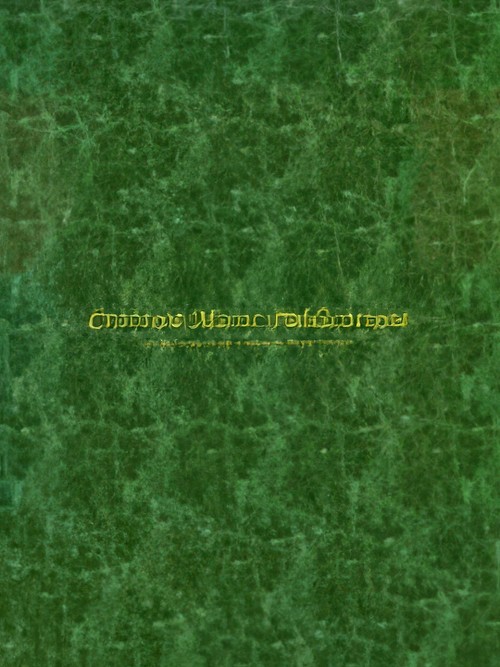 £59.99
£59.99The Bass Boys (Bass Quartet with Brass Band - Score and Parts) - Wilson, Brian - Duncan, Andrew
Quartet for Tubas based on Good Vibrations.Duration: 3:00
Estimated dispatch 7-14 working days
-
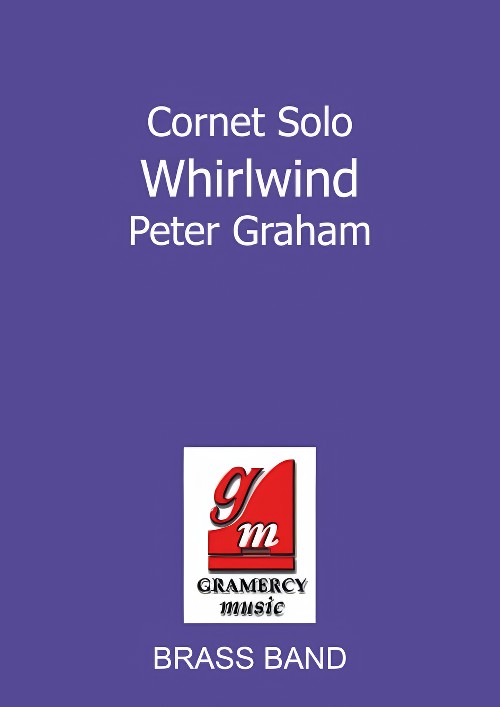 £44.95
£44.95Whirlwind (Cornet Solo with Brass Band - Score and Parts) - Graham, Peter
An exciting cornet display piece, recorded by Roger Webster on Call of the Cossacks.
Estimated dispatch 7-14 working days
-
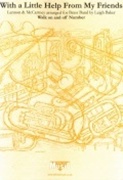 £35.00
£35.00With a Little Help From My Friends (Brass Band - Score and Parts) - Lennon & McCartney - Baker, Leigh
The Lennon & McCartney hit arranged by Leigh Baker as a Concert Walk on and off Number.
Estimated dispatch 7-14 working days
-
 £42.95
£42.95YOU'LL NEVER WALK ALONE (Bb Solo with Brass Band - Score and Parts) - Rodgers, Richard - Ellerby, Martin
more difficult that the Darrol Barry version. Recorded on Polyphonic QPRL229D Ovation!
Estimated dispatch 7-14 working days
-
£38.50
Dance of the Comedians - Smetana, B - Newsome, R
Typical Smetana, fast and furious, recorded on CD by Williams Fairy Engineering Band, Sun Life Band and Flowers Band - so an obvious favourite with conductor and players. Lots of semiquavers and sudden dynamic changes. An exciting finisher.2nd section +
In Stock: Estimated dispatch 1-3 working days
-
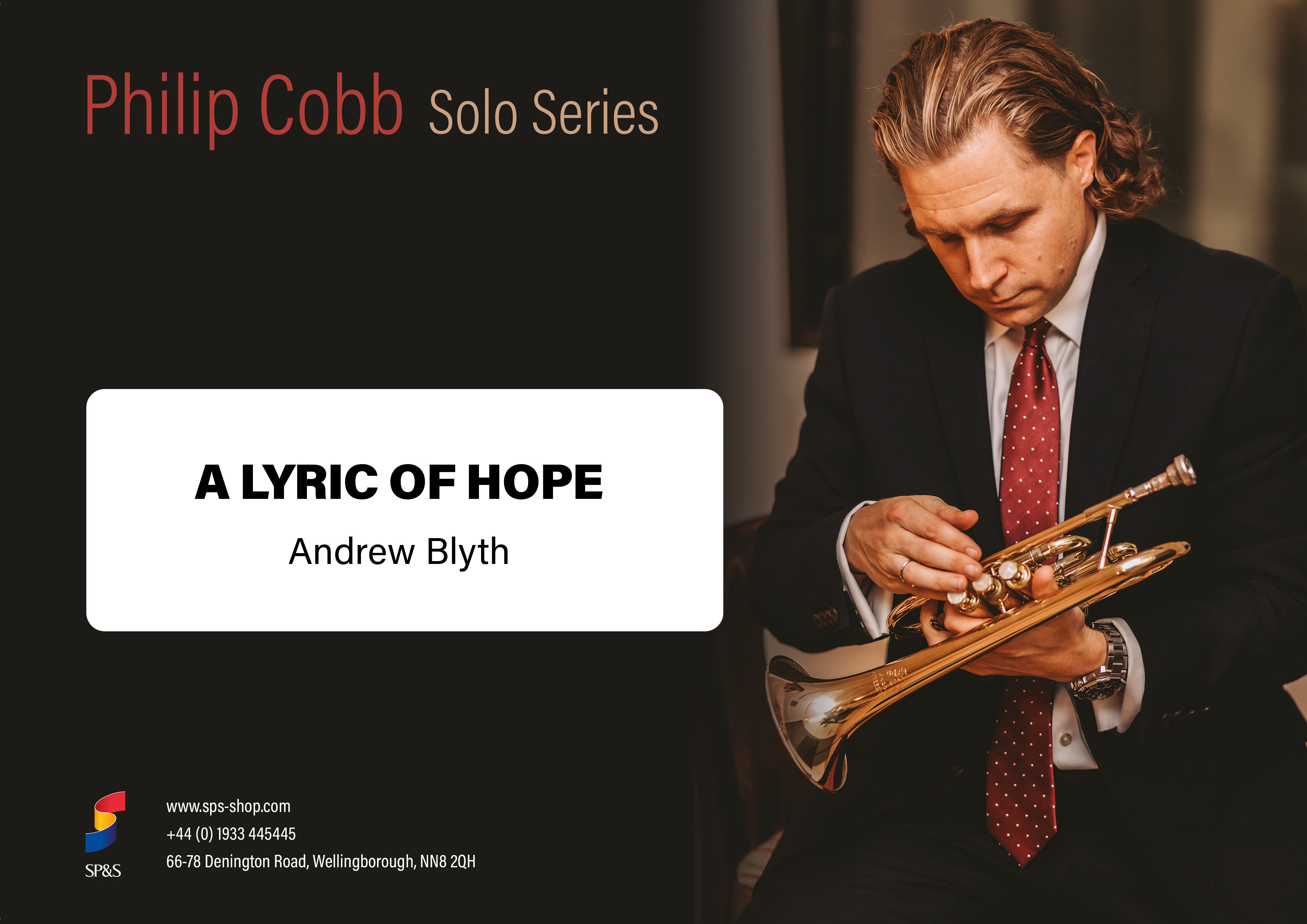 £29.95
£29.95A Lyric of Hope (Cornet Solo with Brass Band - Score and Parts)
A Lyric of Hope in not based on a set of song words, but directly from scripture. The composer wrote this original work especially for Philip Cobb.Duration: 4.30
Estimated dispatch 7-14 working days
-
 £44.95
£44.95Whirlwind (Cornet Solo with Brass Band)
An exciting cornet display piece, recorded by Roger Webster on Call of the Cossacks.
Estimated dispatch 7-14 working days
-
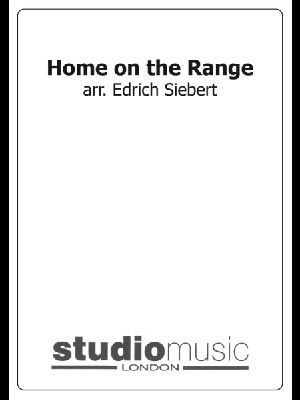 £32.95
£32.95 -
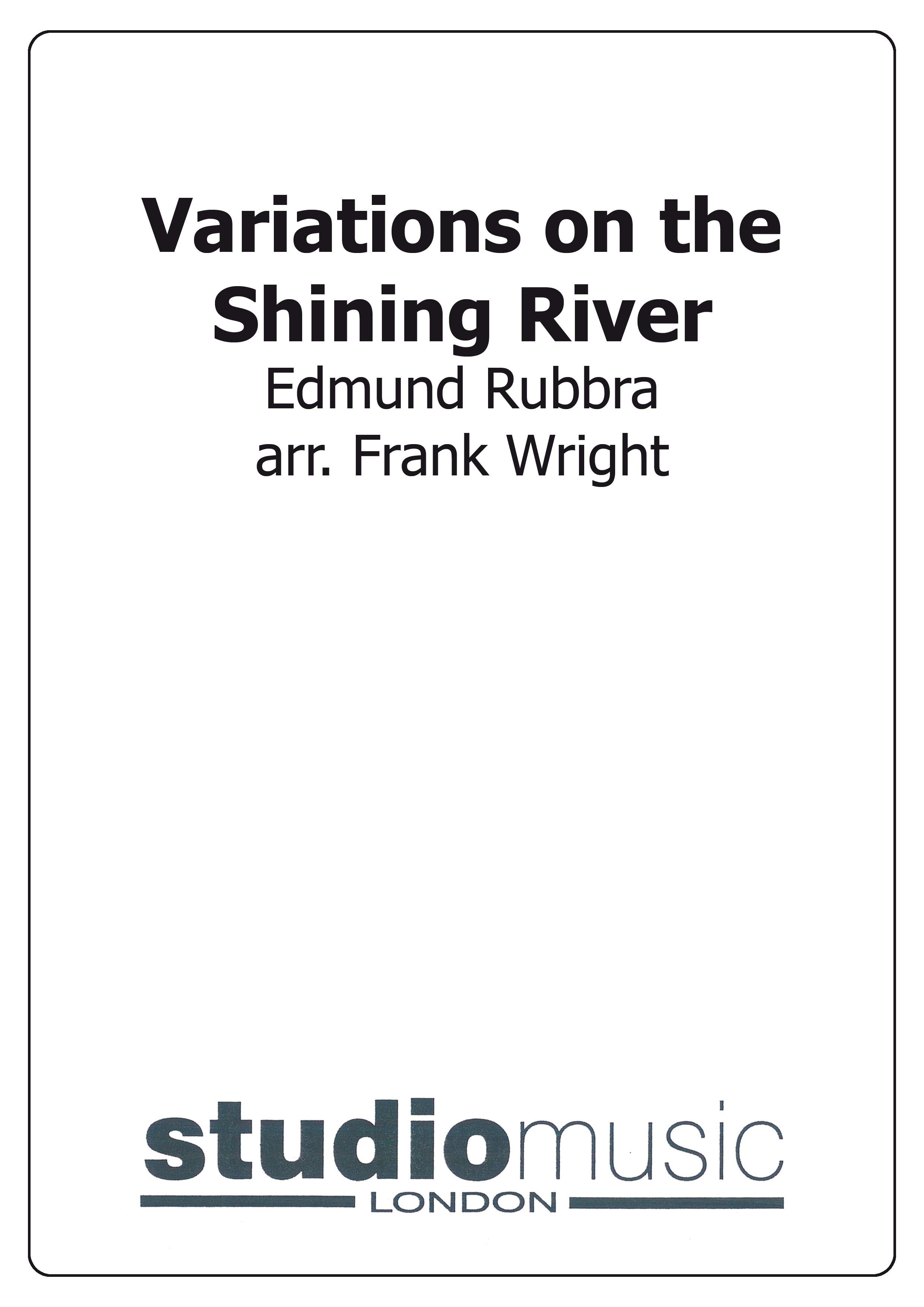 £69.95
£69.95Variations on the Shining River (Score and Parts)
Published in 1958 as a Theme and variations with beautiful melodic writing. Contains: Var.1 - "First Dance" 3/4 Allegretto; Var.2 - Cradle Song 3/4 Andante; Var.3 - Pageant 3/4 Andante Maestoso; Var.4 - "Ostinato" 4/4 Allegro; Var.5 - "Second Dance"
Estimated dispatch 7-14 working days
